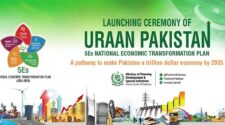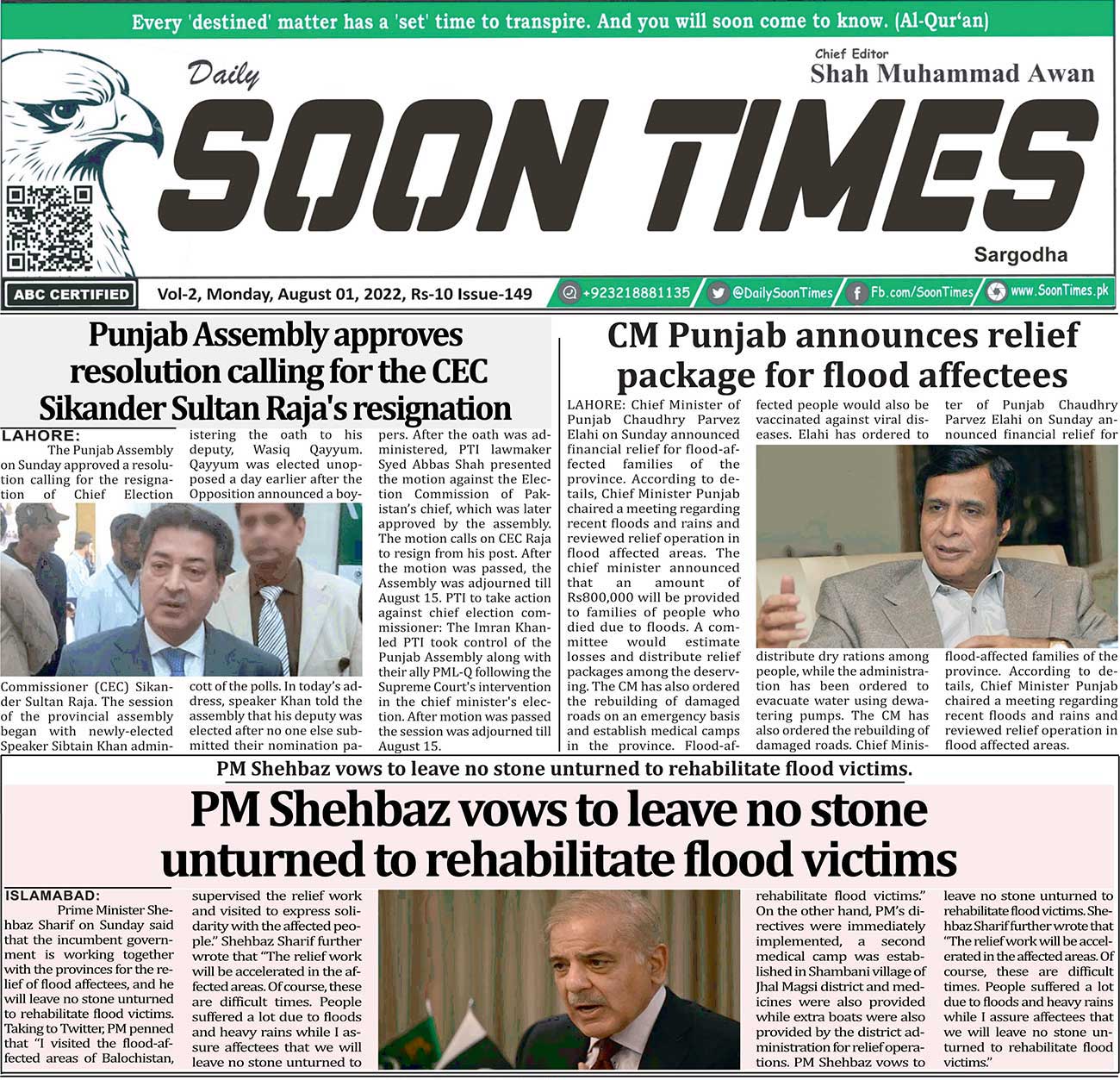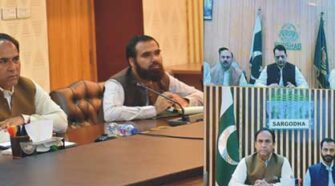By: Uzma Noreen
Political polarisation in Pakistan, which has led to a disastrous economy, is one of the country’s most urgent socioeconomic problems. For the past sixty years, and much longer if we dig deep into its history, Pakistan has been a polarised political system and, as a result, a divided society. It all began with significant disagreements among the nation’s political elites over the nature of the state, the effectiveness of federalism, the link between religion and government, and ideological preferences. Polarization is a social phenomenon occurs when a population splits into antagonistic factions with sharply divergent ideologies and identities, which makes it difficult for people to work together and undermines efforts to advance the common good. Polarization typically refers to an increase in political conflict that is zero-sum in nature, especially when it comes to fundamental principles of the political system. Politics and economic growth are inextricably interwoven. Economic development is highly dependent on non-economic elements such as institutions, the political system, and values in addition to economic variables. An ethical political system is dedicated to fostering a positive environment, and facilitates investments to stimulate economic activities – hence, economic growth.
The social fabric of Pakistan has been severely impacted by the current level of political division. The main factor for Pakistan’s economic decline is political polarisation. In 2023, as in 2022, politics will likely take up much of Pakistan’s time and attention. The dramatic decision in parliament in April to remove then- the Prime Minister from office did not put an end to the nation’s political unrest that began in the spring of that year. Since that time, polarisation and instability have only grown worse. The nation has experienced a protracted period of political polarisation that has negatively impacted its economy, foreign and security policies, national institutions, unity in the country, and political accommodation in the polity. Political polarisation has increased in recent years. Growing religious, racial, and cultural variety, geographical sorting, the emergence of media ghettos, and a reduction in journalistic accountability are a few of the main causes of this.
While there has always been division in Pakistan along racial, religious, provincial, and ideological lines, increasing political polarisation has made it more difficult to achieve a society that is cohesive. The prospect of a united country is threatened by the hunger for power at the price of the social fabric of society.
Polarization in Pakistan is primarily due to the absence of political agreement among the major national parties. Even when it comes to matters of national security, negotiations between the administration and opposition are impossible. Instead of using diplomatic techniques, the political leaders have chosen to enact successful parliamentary democracy through street politics. Even the Parliament, one of the most significant state organs, cannot get political parties to agree on some crucial matters without being offensive. Because of Political instability, government institutions struggle to perform at their highest level. Unimaginable levels of economic strain have increased as a result of political uncertainty and inconsistent economic policies. Several politicians assumed office in Pakistan during various political eras, bringing their economic models with them. Every
time, the new administration changed the existing policies while establishing new ones. As a result, the state received new models without earning any rewards The current political crisis, persistent power struggles, and frequent requests for judicial involvement to resolve political disagreements pose major challenges to the nation’s financial viability and integrity. A larger political reconciliation in Pakistan is required to stop the alienation
and polarisation of the people. This necessitates quick action to repair the social structure’s cracks and safeguard the youth so they can continue to contribute to Pakistan’s progress without becoming political puppets. To address the growing political and social polarisation in Pakistan, it is important to adopt political inclusiveness and tolerance in the right way. The current situation calls for inclusive measures to end the feeling of exclusion and restore confidence.
There are numerous measures that can be taken to deal with political division and encourage greater cooperation and unity in the country. The media can play a significant role in shaping public opinion and influencing political discourse. By promoting media that is inclusive and balanced, and that presents diverse viewpoints, we can help to create a more constructive and positive political discourse. Political polarization can be exacerbated by a lack of diversity and inclusiveness in the society. By promoting diversity and inclusion in all spheres of society,
including politics, we can help to break down barriers and build bridges across different communities. Additionally, encouraging responsible and mature political leadership to promote cooperation, unity and respect for opposition is crucial for stable political environment. By encouraging responsible leadership and holding leaders accountable for their actions, we can help to create a more inclusive and constructive political environment. Moreover, a sound and persistent economic model is necessary to achieve prosperity and rewards of consistent economic policies in the long run. To ensure economic stability, all stakeholders should collaborate to create a sound economic model that will last for at least 15 to 20 years and won’t be change even if the regime
does. In a nutshell, addressing political polarization in Pakistan requires a concerted effort by all segments of society, including citizens, civil society organizations, the media, and political leaders.
By working together to promote understanding, respect, and inclusion, we can build a more constructive and positive political discourse that will ensure a stable economic environment hence benefits everyone.
Political Polarization, Uncertainty and Economic Crisis











